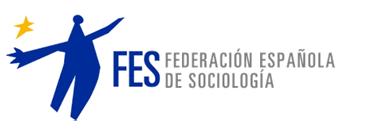Covid-19 Pandemic: Project-Based Learning as Interprofessional Learning Model to Improve Student With The Special Needs’ Self Efficacy
DOI:
https://doi.org/10.24197/st.2.2022.284-306Keywords:
Personal Skill, Vocational Skill, Social Skill, Academic Skill, Inclusive Elementary SchoolAbstract
There is a particular emphasis on education for special needs children. They have a right to an education that is appropriate to their needs. This study aimed to improve the self-efficacy of students with special needs who studied in inclusive elementary schools by using project-based learning. The research method used explorative qualitative with the interview, observation, and documentation instruments through triangulation. All instruments were analyzed in-depth, descriptive narrative. This research was carried out in the inclusive elementary schools, among others were five Public Elementary Schools (PES). The findings show that the learning approach of project-based learning at inclusive elementary schools in the covid-19 pandemic effectively improved the students with special need to be active, participatory and feel motivated to solve learning problems experienced by learning products produced.
Downloads
Downloads
Published
Issue
Section
License
Copyright (c) 2022 Halim Purnomo, Abdul Karim, Firman Mansir, Jesús Alberto Valero-Matas

This work is licensed under a Creative Commons Attribution-NonCommercial 4.0 International License.
Sociología y tecnociencia is licensed under a Creative Commons Attribution 4.0 International License (CC BY 4.0).
The journal allows the authors to retain publishing rights. Authors may reprint their articles in other media without having to request authorization, provided they indicate that the article was originally published in Sociología y Tecnociencia.


